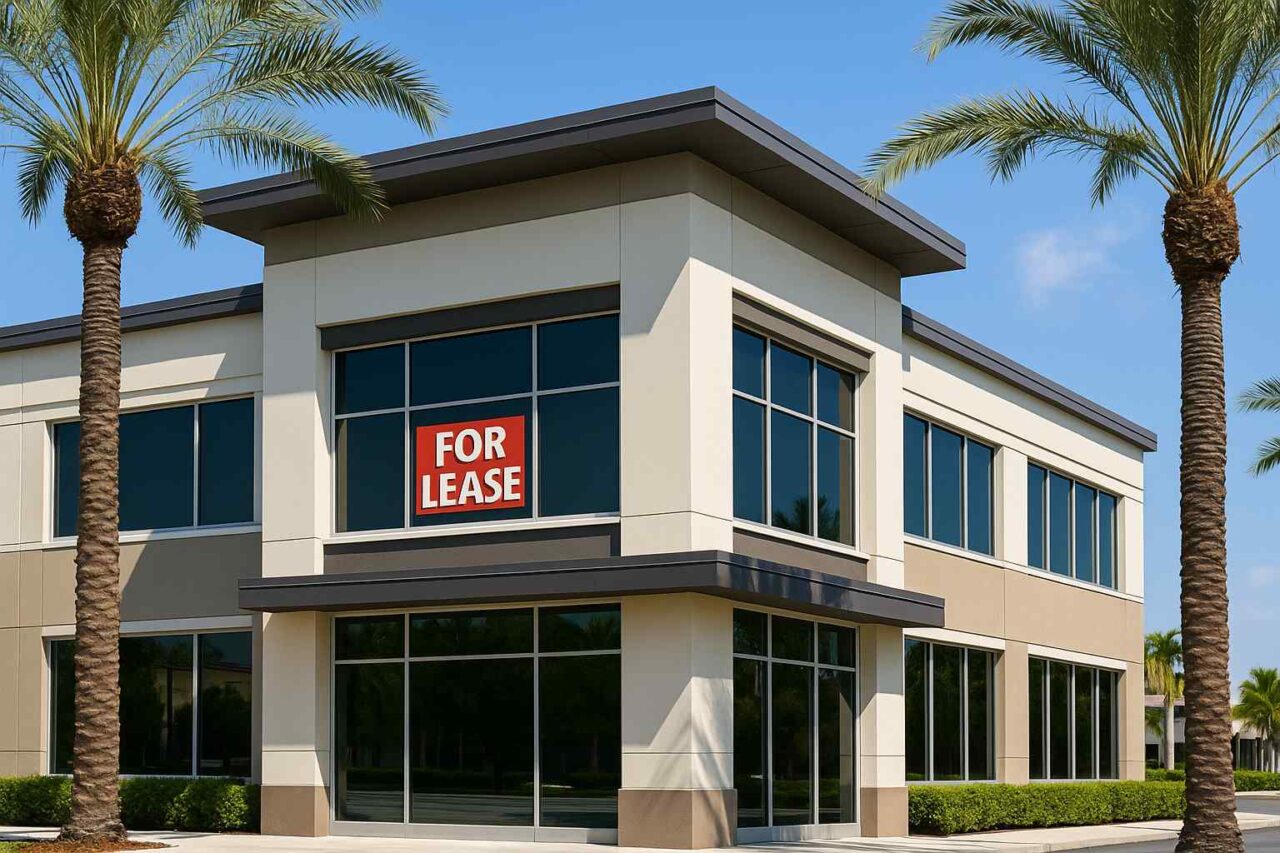
Early commercial lease termination is a topic that both Miami landlords and tenants need to understand before entering into any agreement. Miami’s fast-changing business environment means that circumstances can shift quickly for either side. Knowing when and how early commercial lease termination is possible helps you stay in control, avoid costly surprises, and protect your property or business from long-term risks.
Whether you are an owner trying to keep your building full or a tenant needing flexibility for growth or downsizing, the right early commercial lease termination language will give you options without creating future disputes. In Miami, these provisions can make or break a deal, especially when the local economy and office market are moving fast.
What Triggers Early Commercial Lease Termination?
Most commercial leases in Miami lay out specific triggers for early commercial lease termination. The most common is a material breach of the lease, such as a tenant failing to pay rent on time or violating the permitted use clause. A landlord may also trigger termination if the tenant engages in prohibited activities, repeatedly causes problems for other occupants, or fails to maintain the premises in good condition. On the other hand, tenants often need early commercial lease termination rights if the building is damaged, condemned, or becomes unfit for use.
Many leases also include a mutual agreement option. If both landlord and tenant agree, the lease can end early, provided all terms are documented in writing. Some tenants push for an “early exit” or “termination for convenience” clause, which usually requires paying a penalty or forfeiting the security deposit. For landlords, having strict notice and compensation requirements helps cover the costs of finding a new tenant and keeps cash flow steady.
Early Termination Clauses: Why Negotiation Matters
Negotiating early commercial lease termination clauses is one of the most important steps before signing any lease in Miami. The goal is to clarify the notice period, acceptable reasons for early exit, penalties or fees, and the exact process for returning the premises. For example, a lease might require a tenant to provide 90 days’ notice and pay a termination fee equal to two months’ rent if they need to exit early. Landlords can use these clauses to protect their financial interests and minimize gaps between tenants, while tenants gain peace of mind that they can make a change if their business model shifts.
Tenant Considerations
When reviewing your lease, make sure you fully understand the early commercial lease termination language. Look for details about what counts as a valid trigger, how much notice you must provide, and what penalties or fees will be due. Some leases require tenants to pay all rent owed until the original expiration date unless a new tenant is found. Others offer more flexible terms, such as subleasing or assigning the lease, if allowed by the landlord. Always ask about these alternatives and negotiate for the least risky option.
Landlord Considerations
Landlords should use early commercial lease termination clauses to protect against sudden vacancies and financial loss. Clearly list the circumstances that allow for early exit, such as repeated late payments, ongoing maintenance violations, or serious tenant misconduct. Spell out the required notice period and set a reasonable penalty or liquidated damages amount to offset re-leasing expenses. Include a cure period when possible, which gives tenants a last chance to fix the issue before the lease ends.
Alternatives to Early Commercial Lease Termination
If early commercial lease termination is not an option, consider alternatives like subleasing or assignment. In Miami, many landlords will allow tenants to transfer their lease to another business, as long as they approve the new occupant and confirm their financial stability. This can be a win-win solution when circumstances change unexpectedly. Assignment or subleasing clauses should be reviewed with a local real estate attorney to avoid unintentional risks or disputes.
Reducing Disputes and Protecting Your Interests
Disputes over early commercial lease termination can become expensive, especially if lease language is vague or incomplete. Both parties should work with a Miami commercial real estate attorney to review the agreement before signing. Clear, detailed clauses set expectations and protect both sides from misunderstandings. Documentation is key: always get early termination agreements in writing, include exact dates, amounts, and obligations, and keep copies for your records.
At Kleiner Law, our focus is on proactive lease review and risk reduction. We help landlords and tenants negotiate strong early commercial lease termination clauses tailored to the Miami market. We do not handle litigation. Instead, our approach is about preventing problems and giving you the clarity to manage your property or business with confidence.
How Kleiner Law Can Help
If you need help understanding early commercial lease termination or want your lease reviewed before signing, reach out to Kleiner Law. We can draft and negotiate terms that protect your interests and reflect Miami’s unique business environment. Our goal is to help you stay flexible, avoid costly disputes, and support the long-term success of your investment or business. Call us today at 305-517-1392 to schedule a consultation.